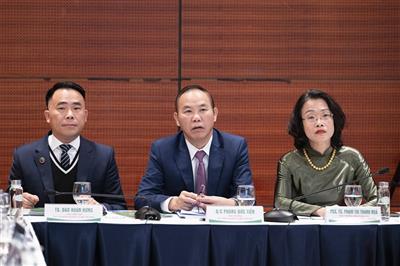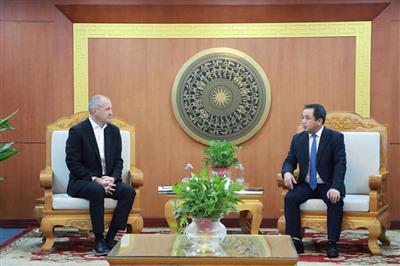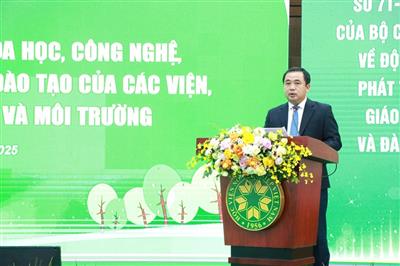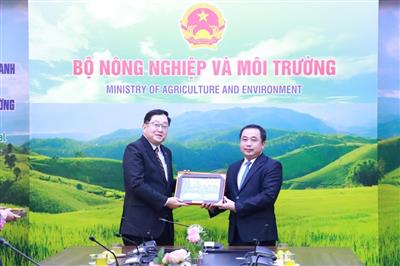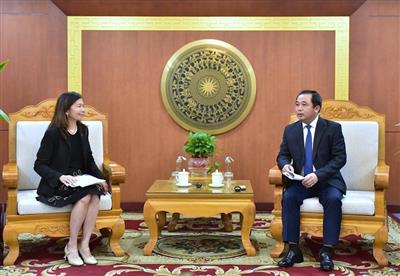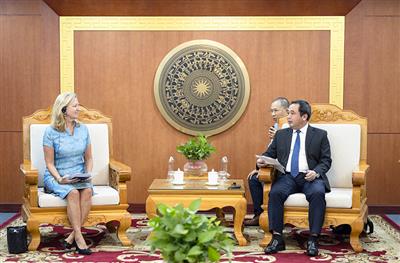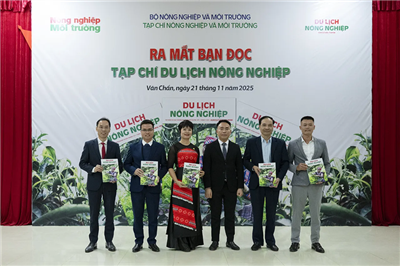
Bridging science and policy: Vietnam advances One Health governance
28/07/2025TN&MTAt the launch of the Research to Policy (R2P) Technical Working Group on July 28 in Ha Noi, the Ministry of Agriculture and Environment, together with international partners, delivered a clear message: Viet Nam is advancing the institutionalization of the One Health approach, grounded in scientific evidence and multisectoral dialogue. R2P is more than just a technical mechanism—it represents a new interface where science informs policy, and where research-based evidence serves as the foundation for systemic solutions linking human, animal, and environmental health.
One Health: A science-based strategy for action
Vietnam has long been recognized as a pioneer in promoting the One Health approach. Yet in a context of governmental restructuring and declining international resources, maintaining momentum requires fresh institutional mechanisms. The newly launched R2P Working Group is expected to provide a stable bridge that translates research into actionable policy.
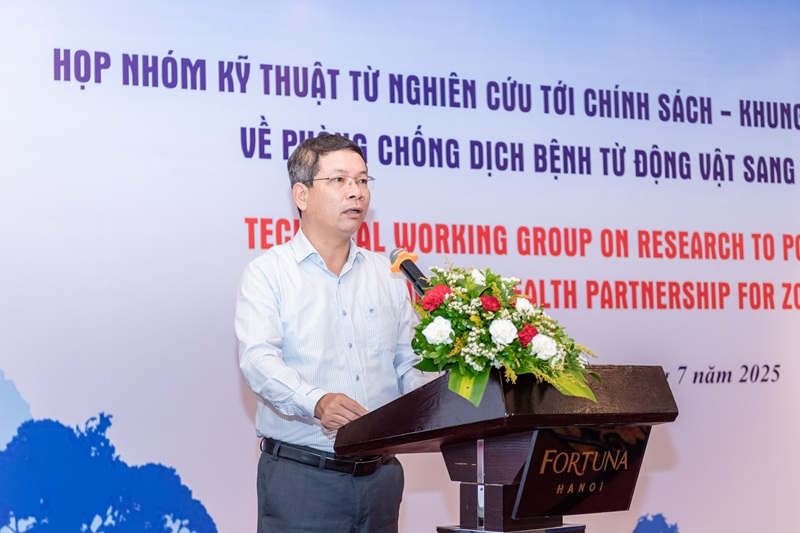
Deputy Director General of the Department of International Cooperation and Head of the OHP Secretariat Vu Thanh Liem emphasized that the establishment of the R2P Working Group is a strategic move to connect scientific research with policy formulation and implementation, especially amid ministerial restructuring and declining international resources
In his opening remarks, Mr. Vu Thanh Liem, Deputy Director General of the Department of International Cooperation at the Ministry of Agriculture and Environment, emphasized that science and policy must operate as a mutually reinforcing system. “Policies need evidence to be grounded, and research needs policy to be applicable and socially impactful,” he noted.
Co-chairing the event, Dr. François Roger, Regional Director of CIRAD for Mainland Southeast Asia, reaffirmed CIRAD’s long-term commitment to this initiative. Through programs like ASEACA and PREZODE, CIRAD pledged five years of technical and financial support—from capacity building and joint research development to establishing national One Health data platforms. This reflects a strategic partnership between Vietnam and the global scientific community.
The workshop also introduced the concept of the science–policy interface (SPI), co-developed by FAO and CIRAD. SPI is defined as the space that connects evidence, policy, and society, where “knowledge brokers” play a crucial intermediary role in fostering two-way dialogue. Core principles such as transparency, fairness, continuous learning, and contextual relevance are seen as essential for SPI to function effectively in Vietnam’s context.
Co-creation, shared accountability, and stronger community voices
A key highlight of the workshop was the emphasis on co-creation: policy solutions must not only come from experts or government agencies but also from communities, private sector actors, and civil society organizations. This was reinforced by the results of a real-time Mentimeter poll, where most participants selected “co-development of research and policy” as the most effective form of SPI.
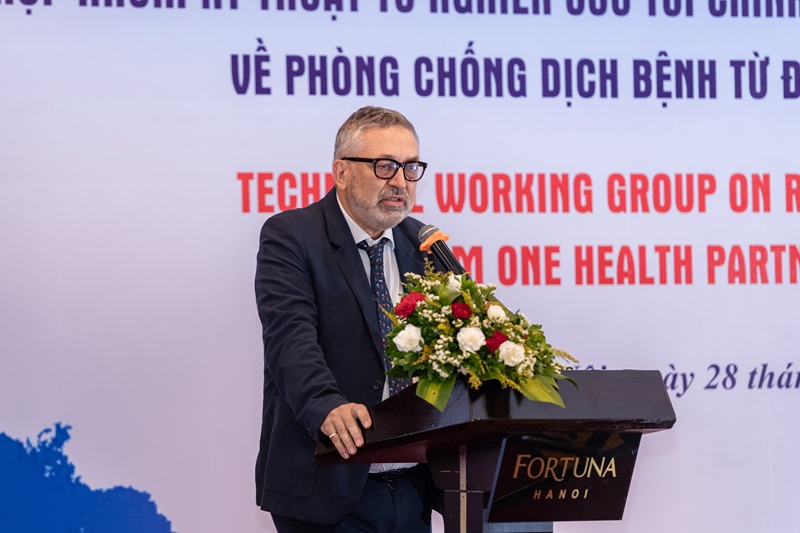
Mr. François Roger, CIRAD Regional Director for Mainland Southeast Asia, reaffirmed CIRAD’s commitment to providing technical and financial support over the next five years through initiatives such as ASEACA and PREZODE
The survey further indicated that the most important attributes that make scientific evidence useful for policymakers are “contextual relevance” and “ease of understanding.” This calls for a shift in Vietnam’s research landscape, from academic inquiry to action-oriented science that informs real-world decisions.
The R2P Working Group has agreed on key directions for the next five years, including: developing a five-year action plan based on six core SPI functions; establishing an open, cross-sectoral data-sharing platform; co-defining research priorities; and strengthening the engagement of communities and businesses in One Health policymaking. These priorities aim to transform how policies are developed and implemented in Vietnam.
Closing the workshop, Mr. Vu Thanh Liem remarked: “Today’s consensus lays the groundwork for a long-term process where science and policy no longer operate in silos, but co-create the future together.” With commitment, creativity, and international partnership, the R2P Working Group is expected to play a central role in improving disease prevention, managing ecosystem risks, and promoting sustainable development through evidence-informed policy.
Ngoc Huyen


